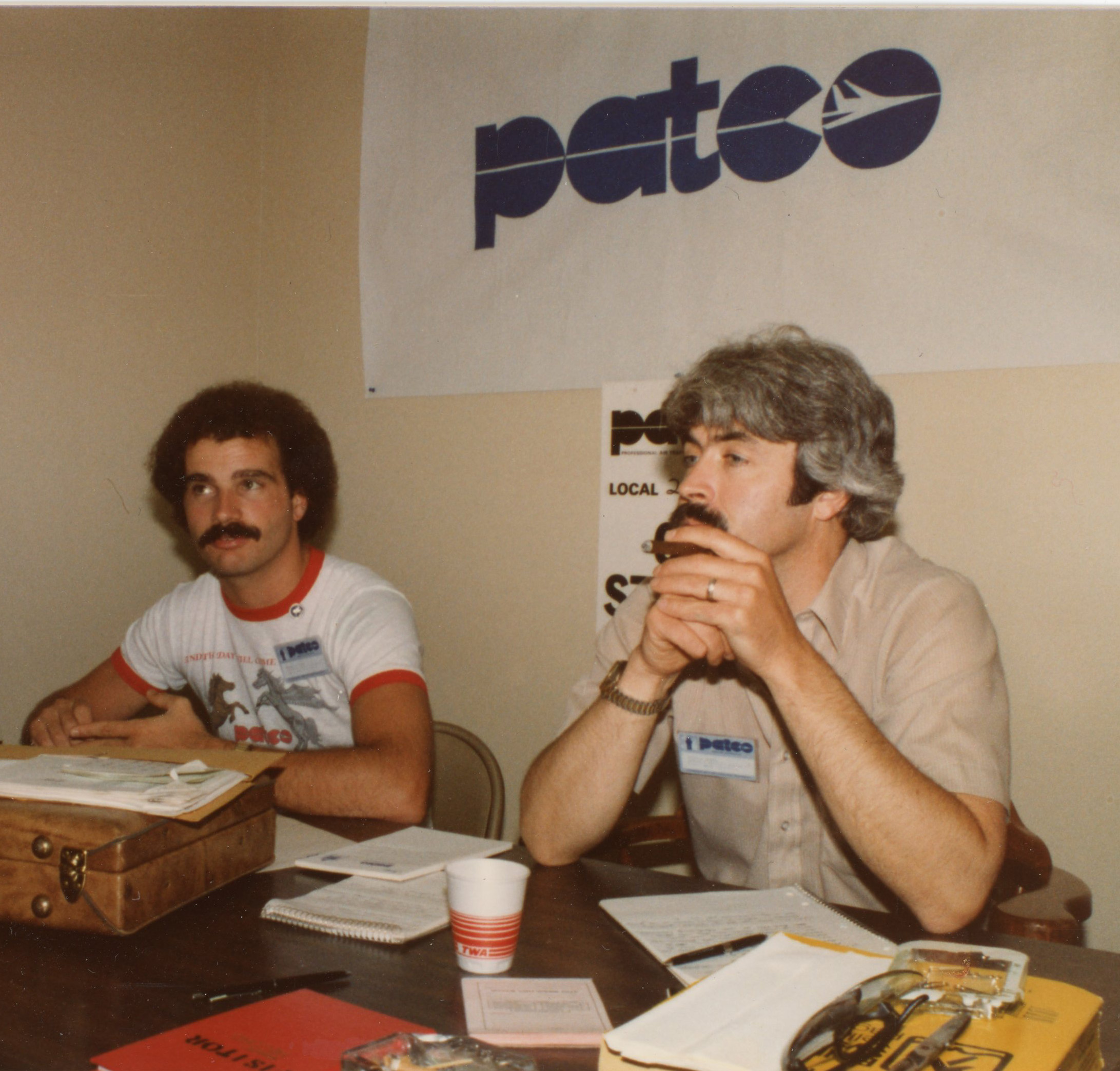Porter-Phelps-Huntington Family Papers
1698-1968 Bulk: 1800-1950
200 boxes 90 linear feet
Call no.: MS 1148
The Porter-Phelps-Huntington Family Papers document the history of one extended family
over 270 years (or eight complete generations) and the family’s connection to its ancestral
home, “Forty Acres,” in Hadley, Massachusetts. Forty Acres was a working farm, its name not a
true description of the land under cultivation, which consisted of six hundred acres acquired
by its first owner, Moses Porter, and a significant growth in acreage under his son-in-law,
Charles Phelps. Subsequent generations produced a number of clergy, lawyers, a sea captain,
merchants, factory owners, army officers and doctors. There were artists, writers, publishers,
an actress, and numerous housewives, of necessity, multi-skilled.
The personal papers from these family members contribute valuable insights into our understanding of the evolution
of American society during the last 250 years. Letters and diaries reveal the significant
impact of major events in American history, beginning with the French and Indian War up
through the twentieth century. These writings provide scholars a glimpse into personal
perspectives on wars, political and economic upheavals, religious revivals, social
developments, family relationships, divisions of labor between men and women, as well as the
day-by-day domestic life of the family, their servants and enslaved people.
Related family collections include:
Gift of Porter-Phelps-Huntington Foundation, Inc., December 2021.
Subjects
Clergy--MassachusettsFamily farms--Massachusetts--HadleyForty Acres (Hadley, Mass.)Hadley (Mass. : Town)--HistoryHistoric sites--Massachusetts--Hadley--Conservation and restorationHuntington familyPhelps familyPorter familyPorter-Phelps-Huntington House Museum (Mass.)Social reformers--New York (State)Theater--MassachusettsContributors
Barrett, Lucy Stearns, 1828-1916Huntington, Catharine Sargent, 1887-1987Huntington, Elizabeth Whiting Phelps, 1779-1847Huntington, George Putnam, 1844-1904Huntington, Hannah Dane Sargent, 1822-1910Huntington, James O. S., 1854-1935Huntington, Lilly St. Agnan Barrett, 1848-1926Phelps, Charles, 1717-1789Phelps, Elizabeth Porter, 1747-1817Porter, Elizabeth Pitkin, 1719-1798Porter, Moses, 1722-1755Types of material
DiariesLettersPhotographs


